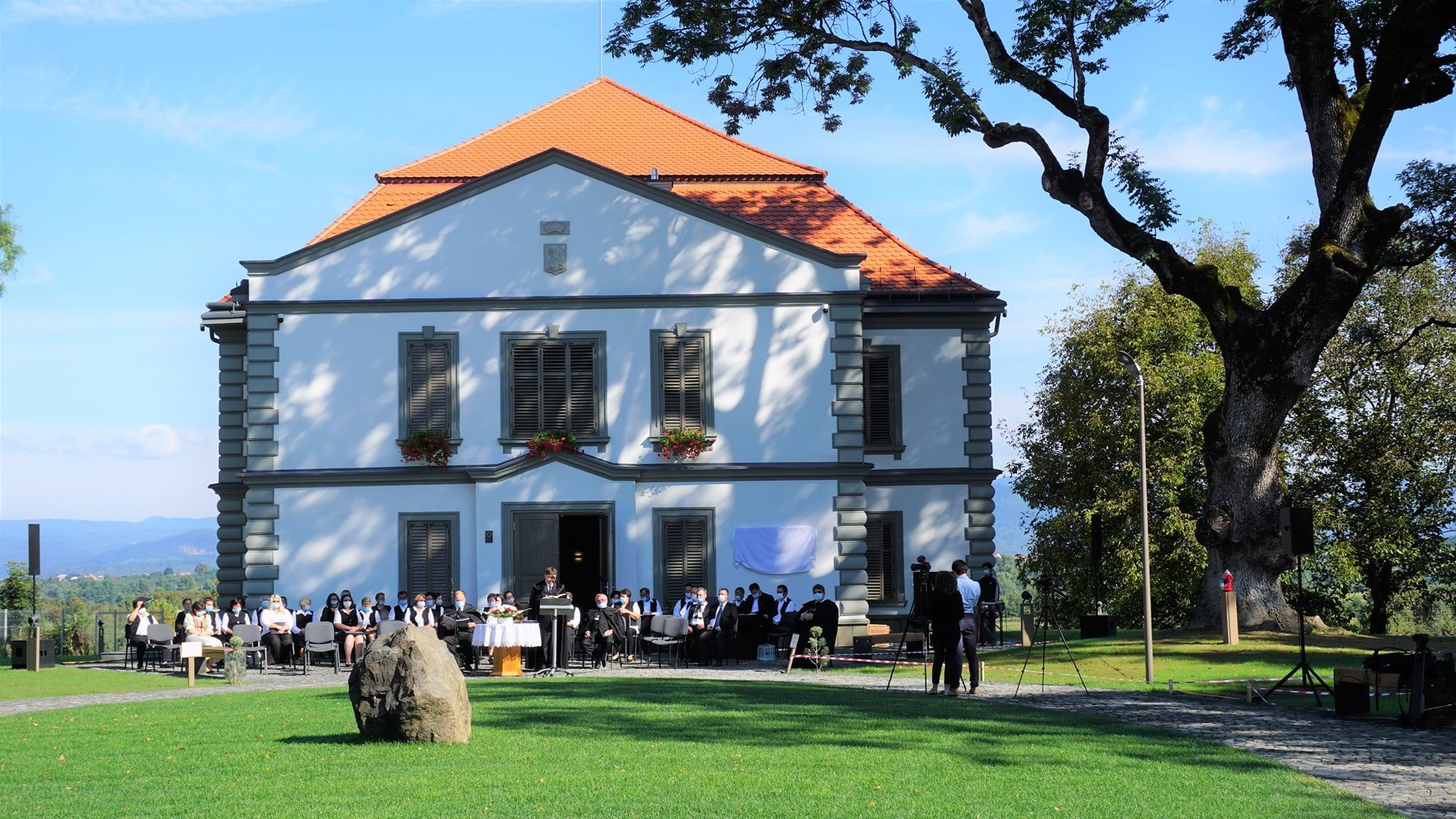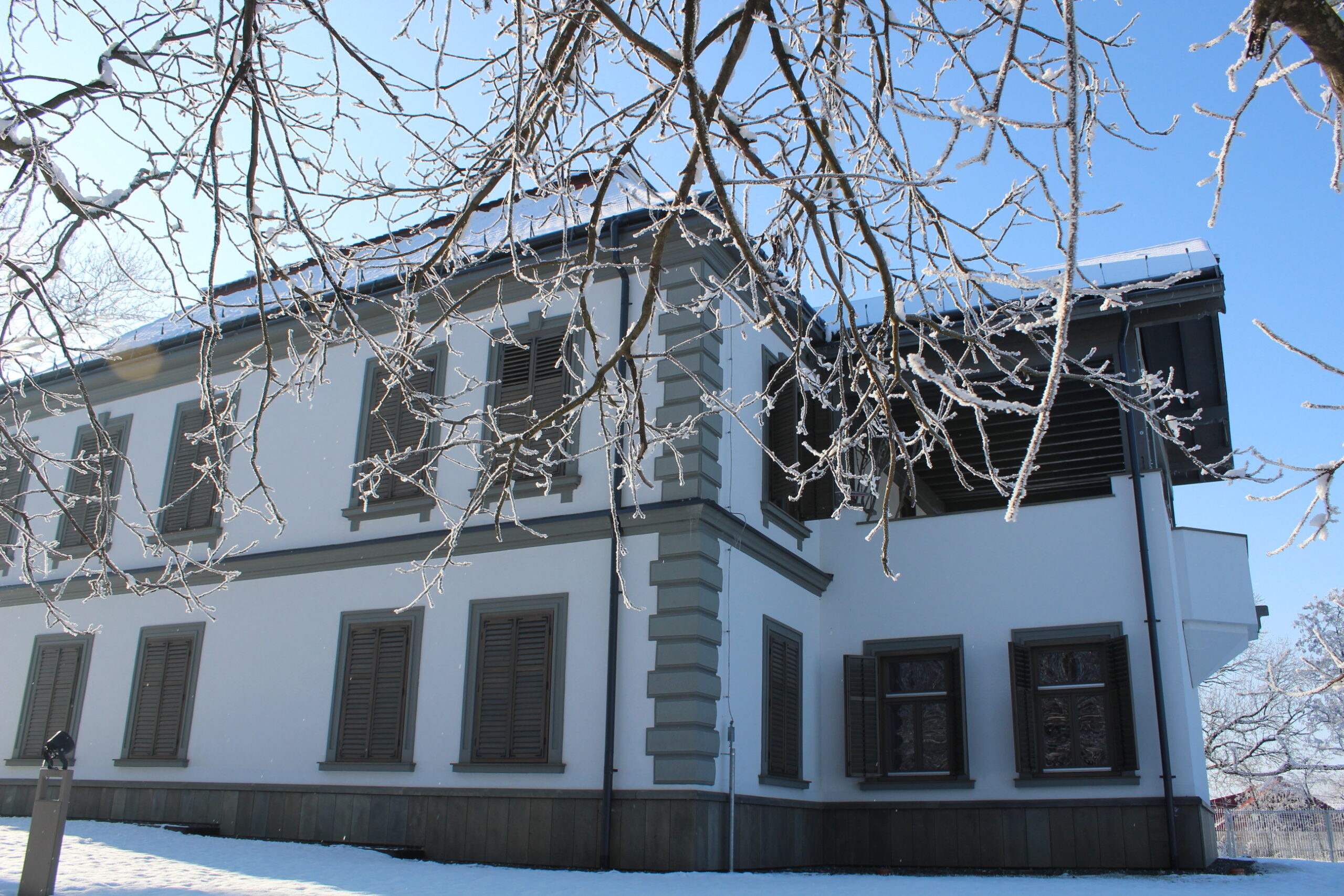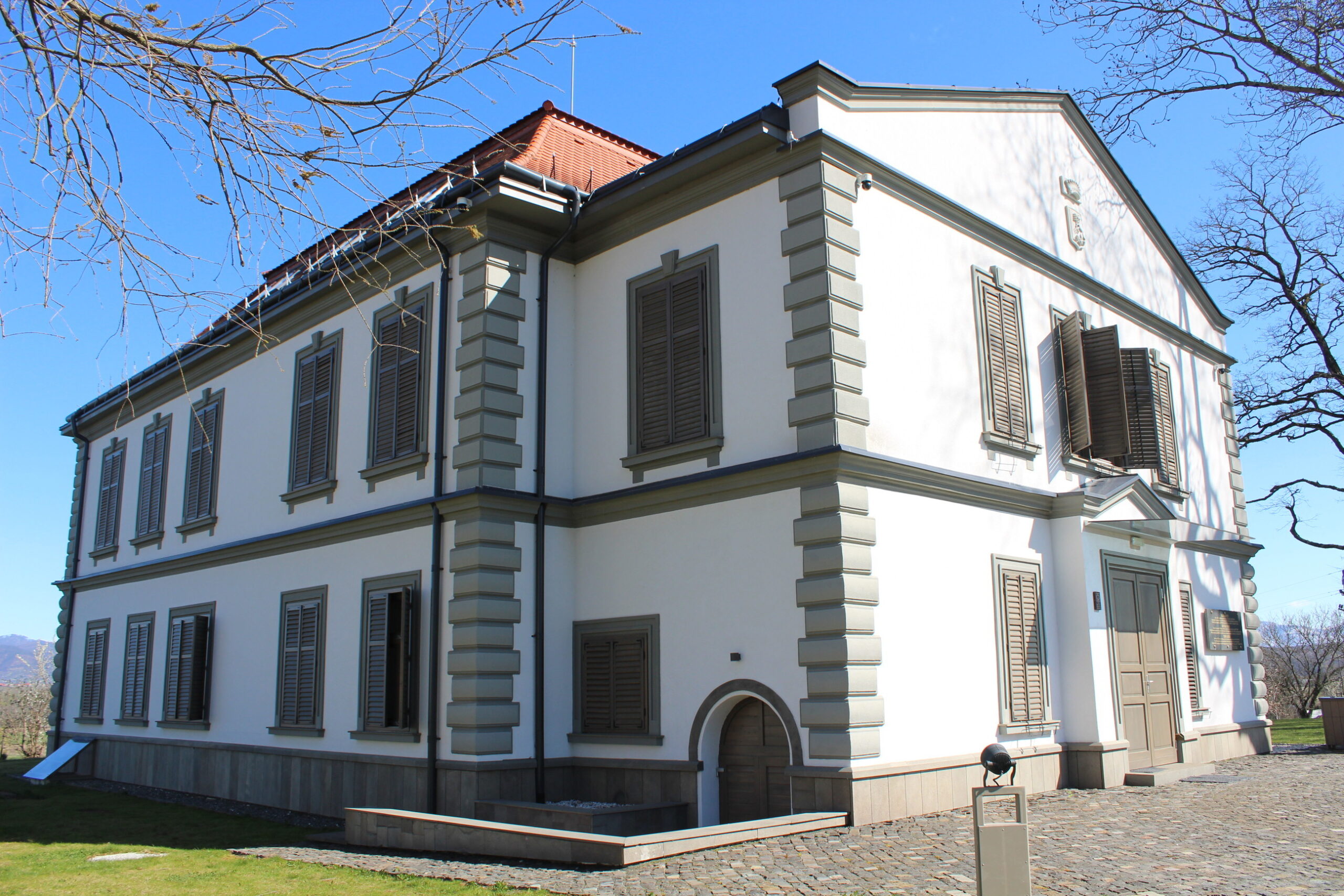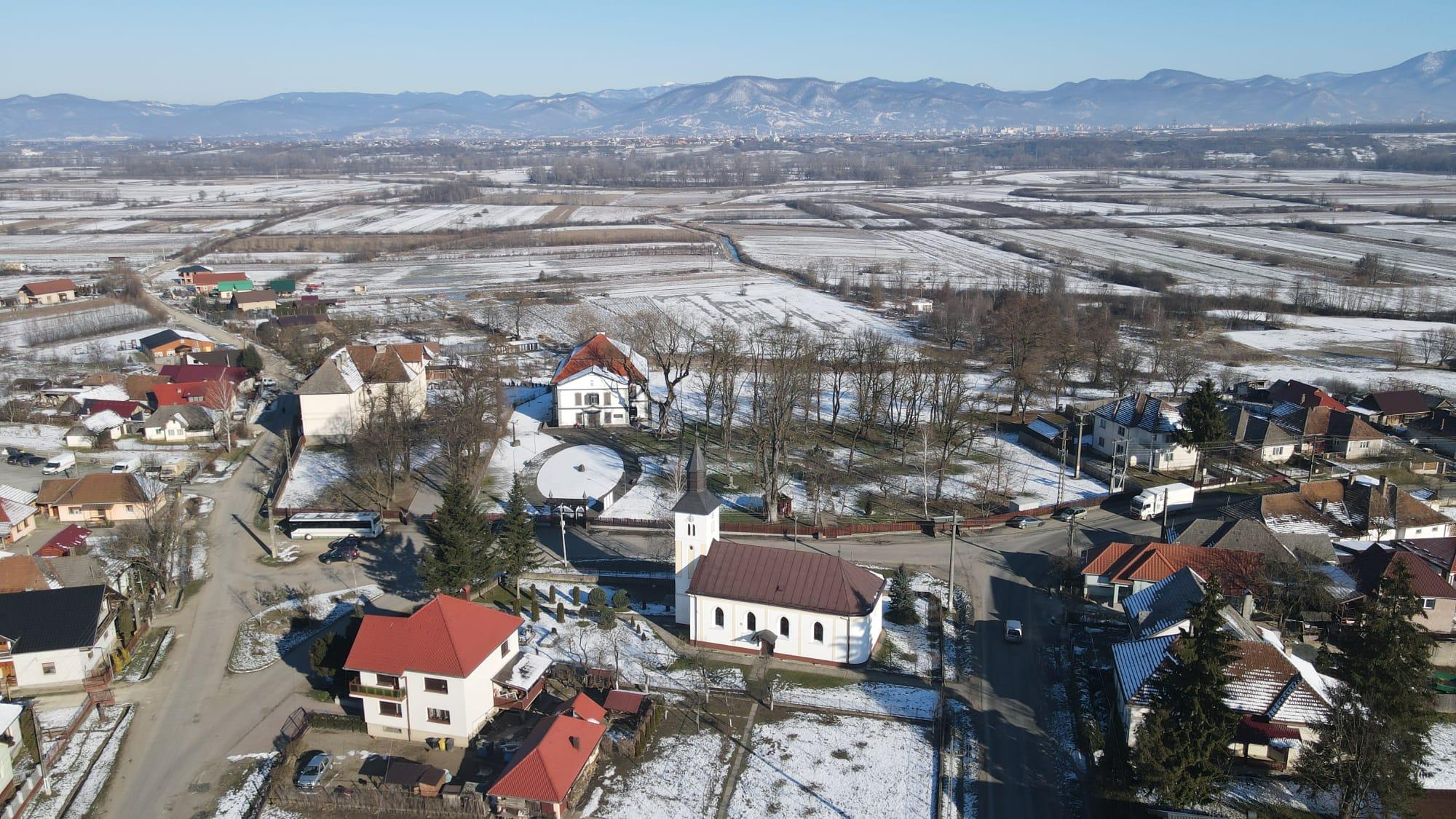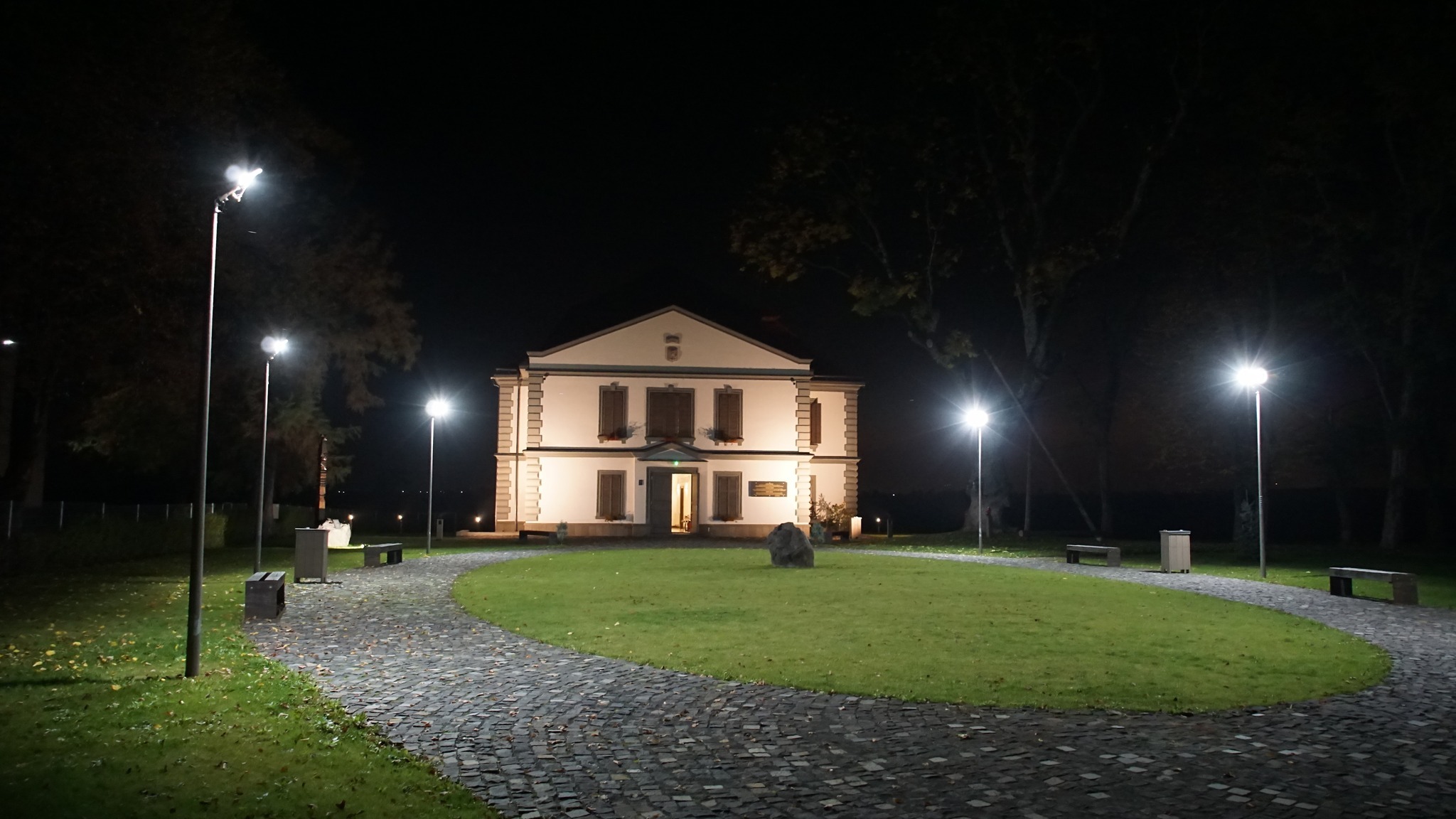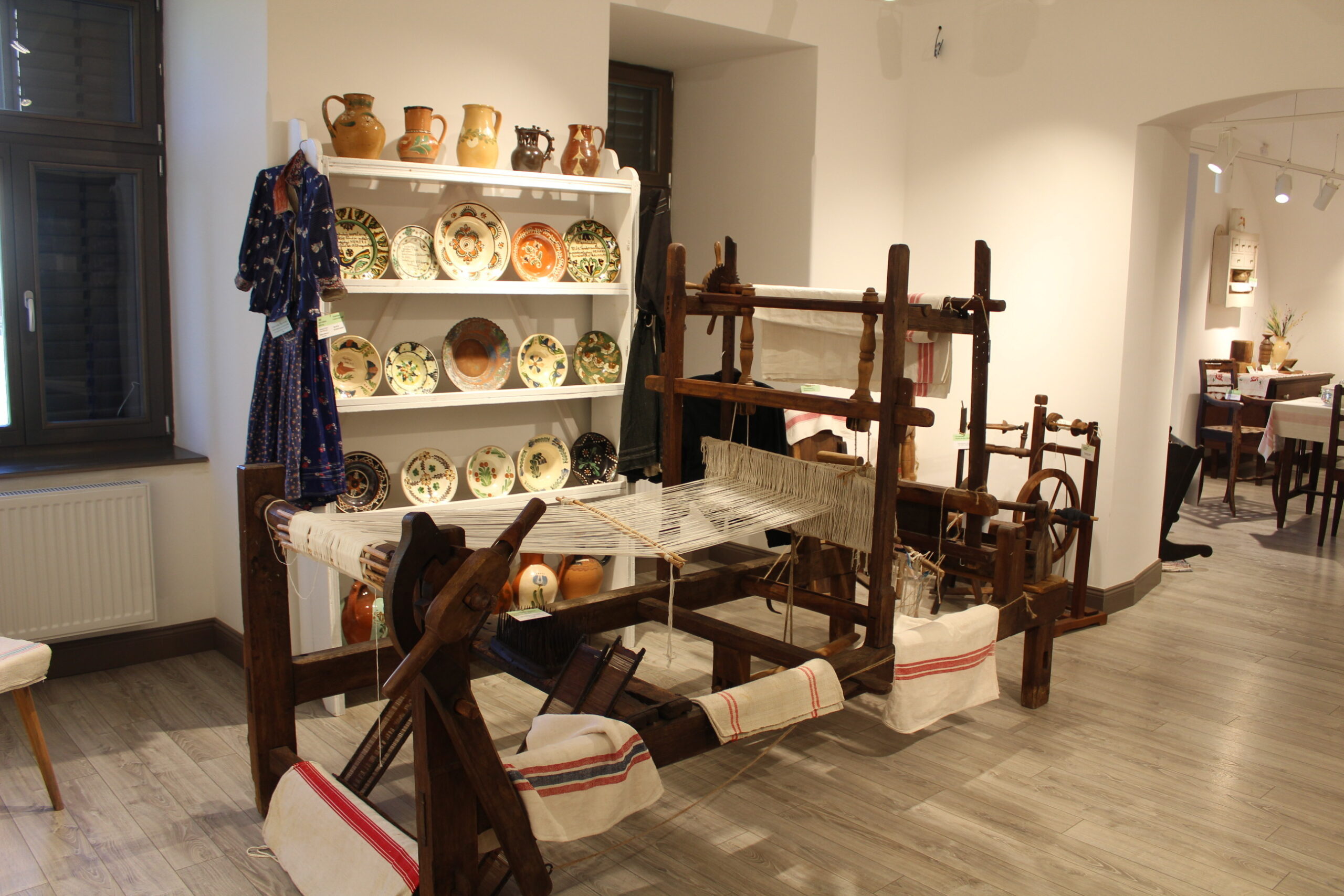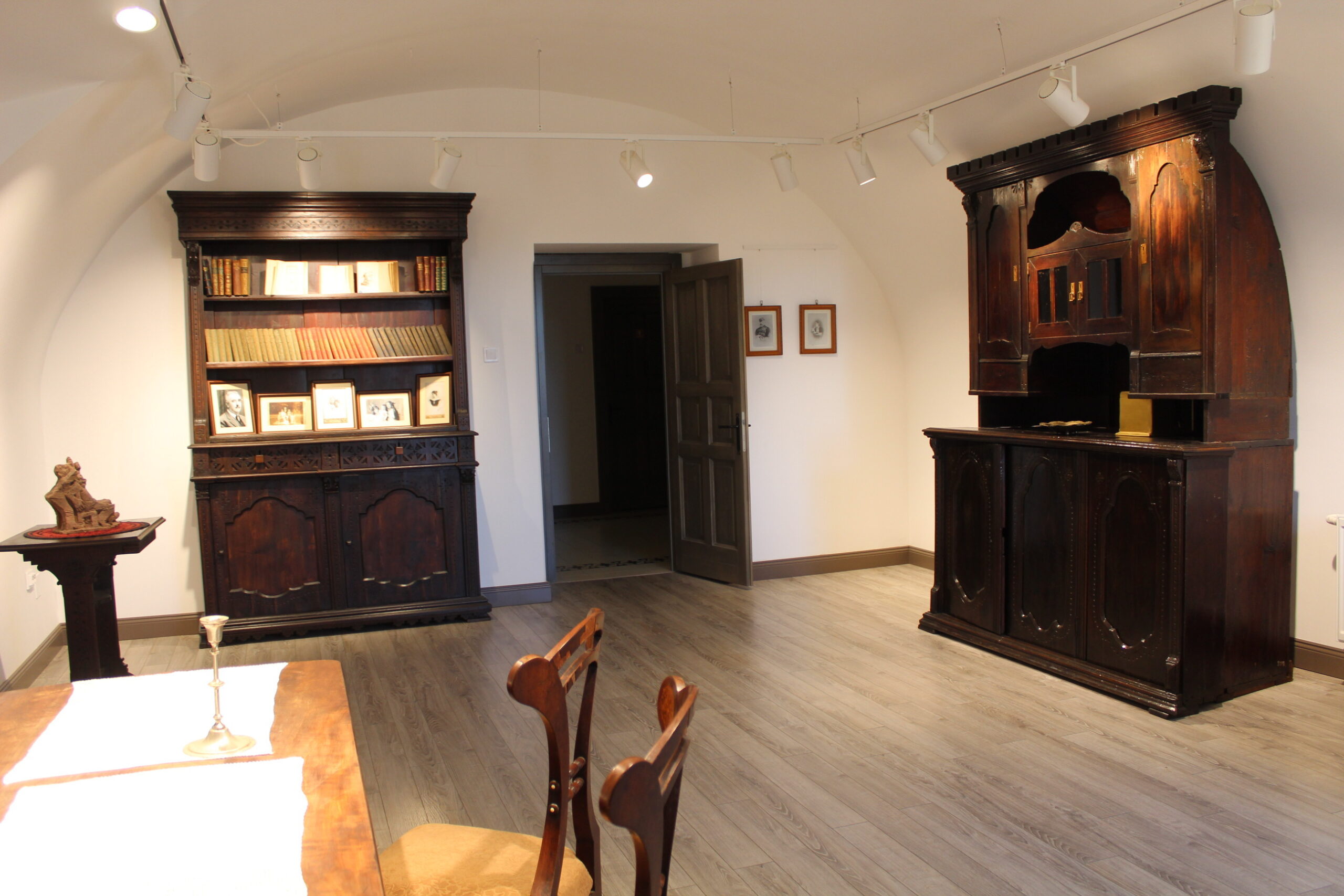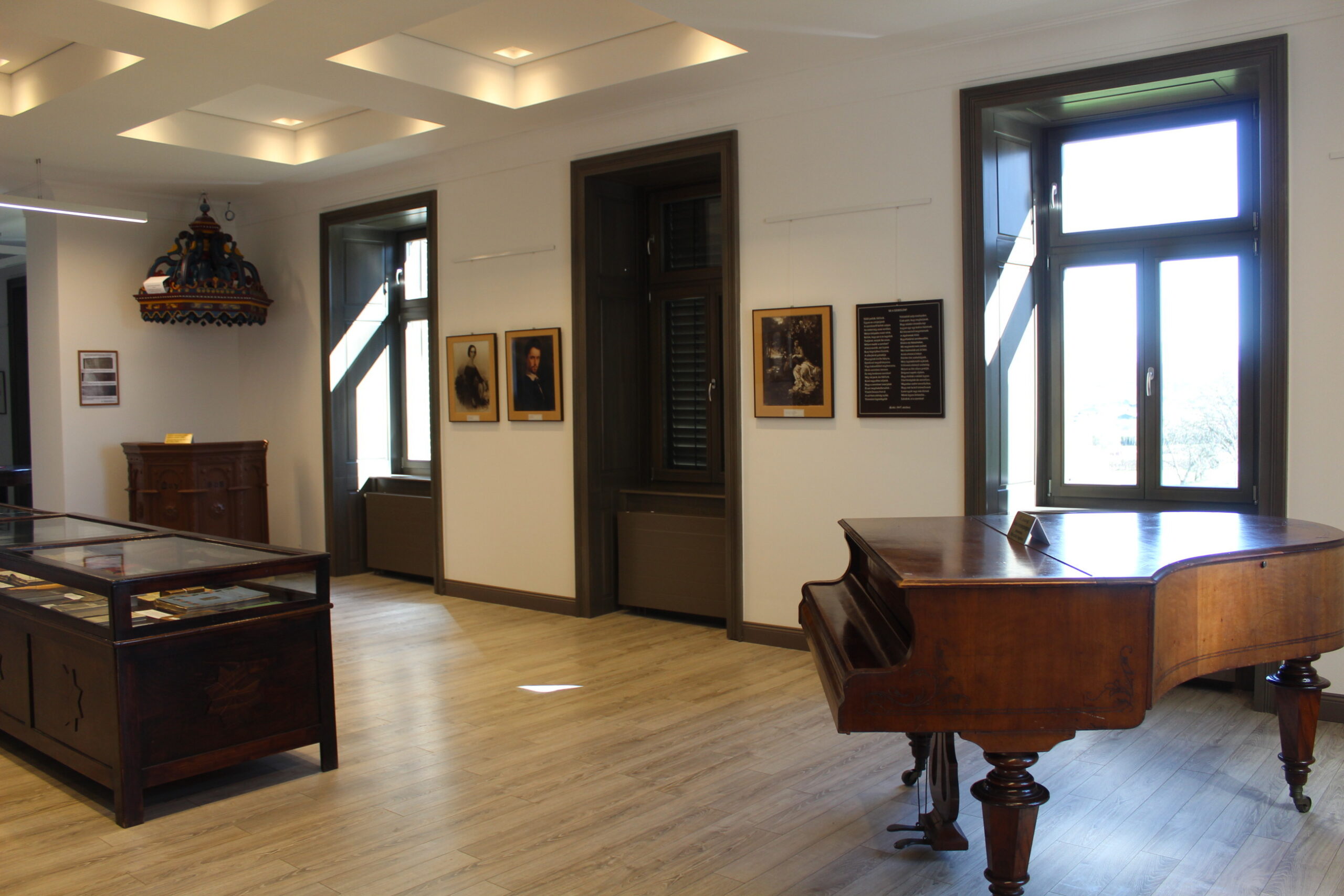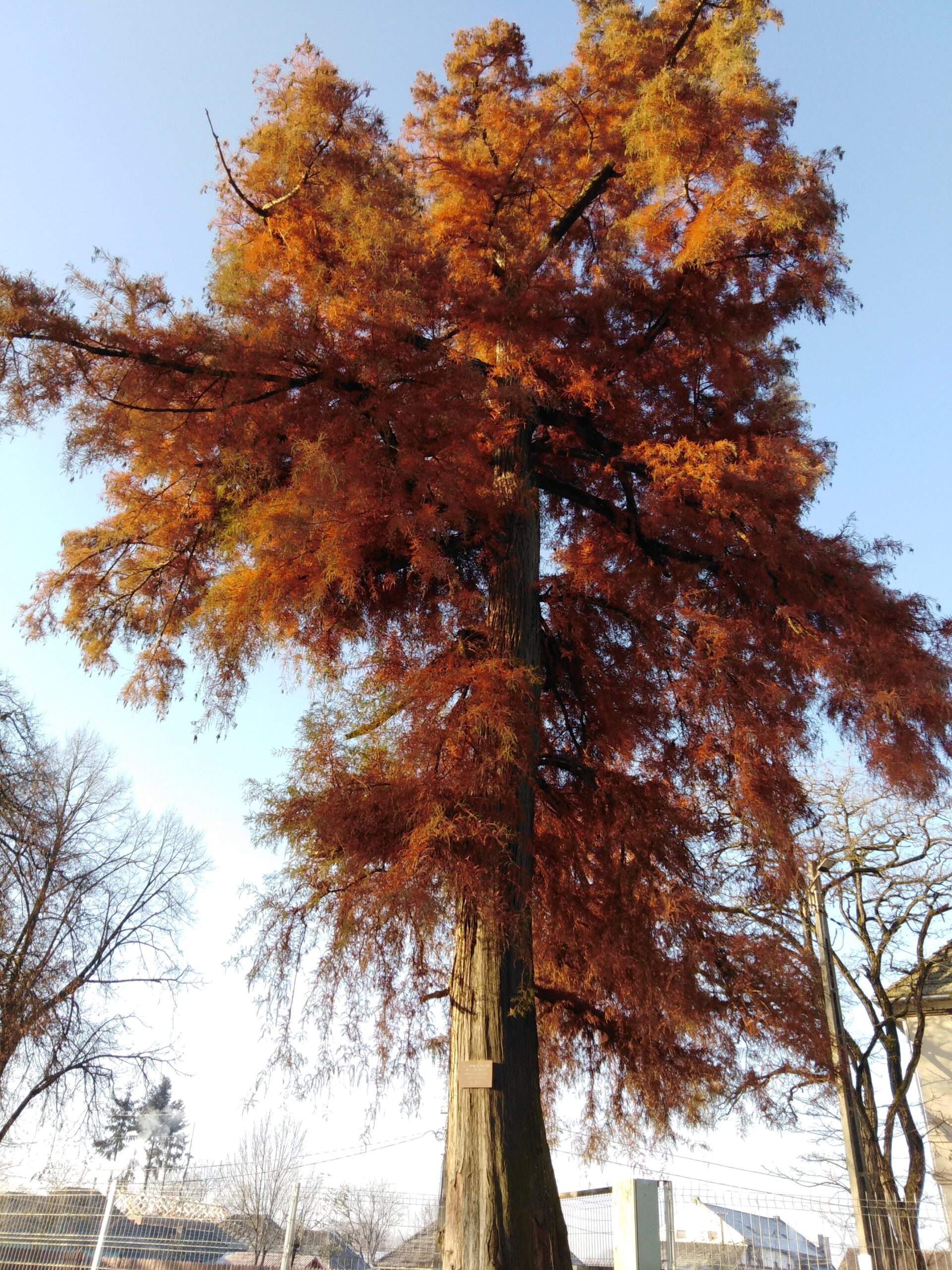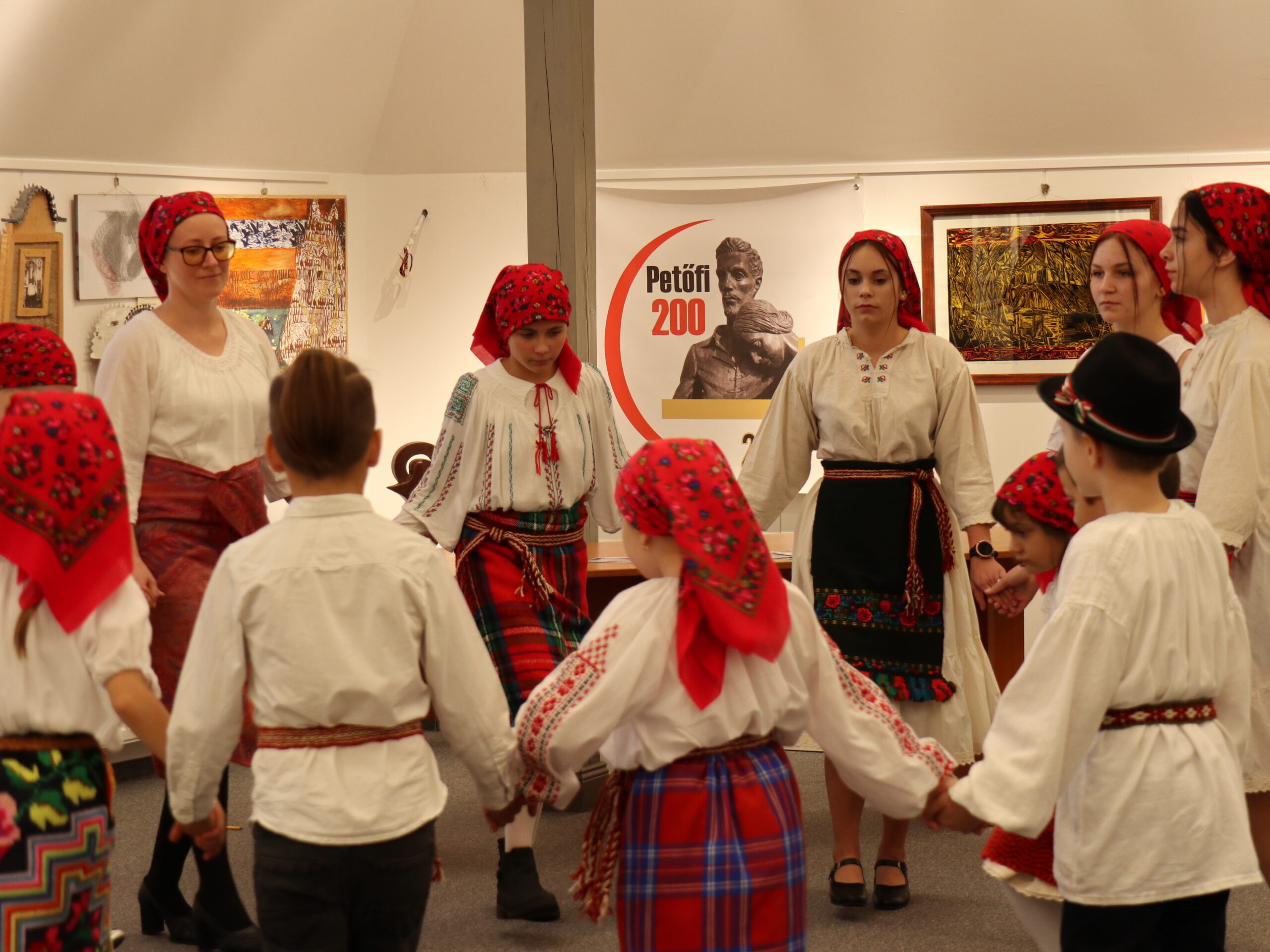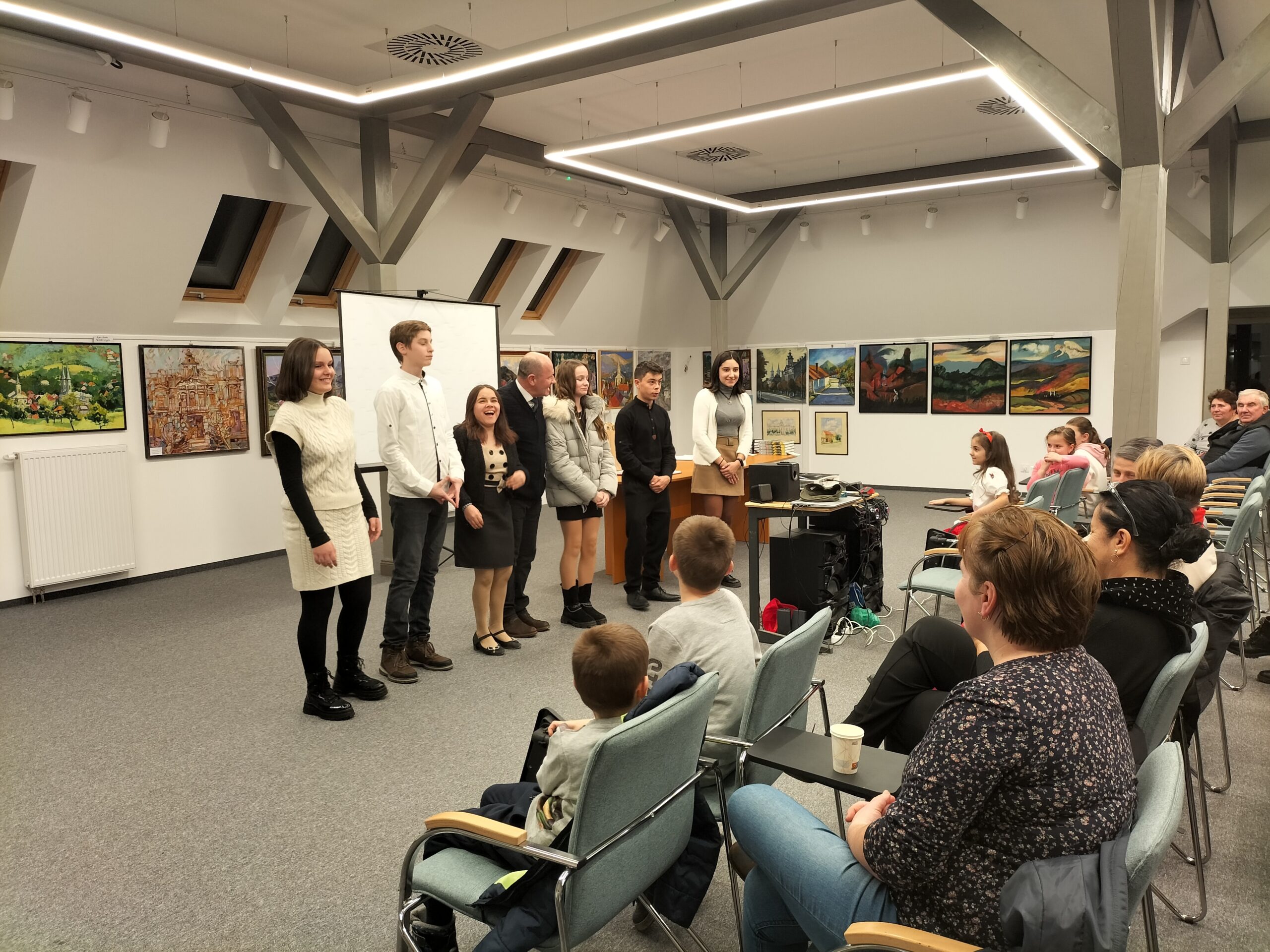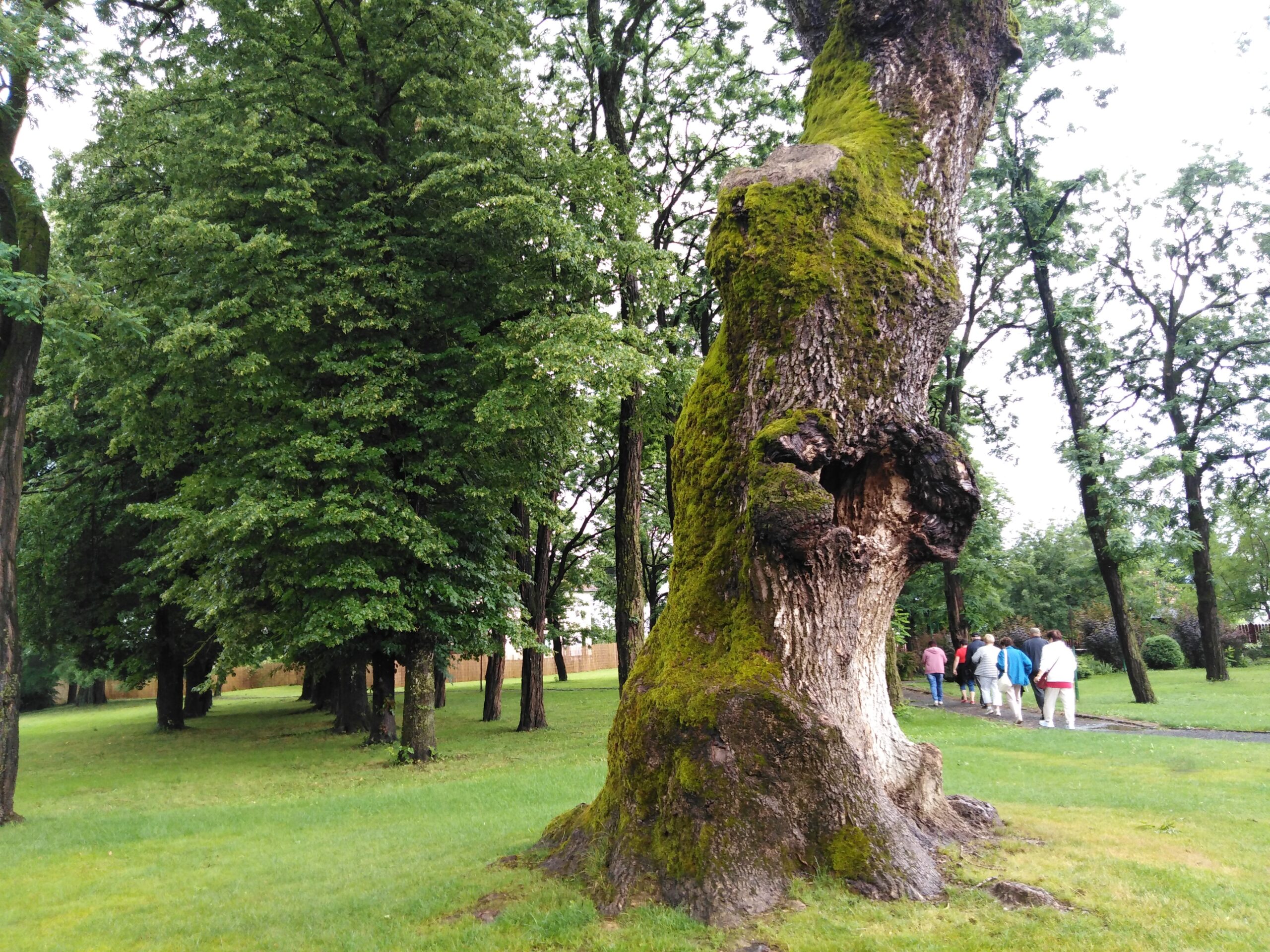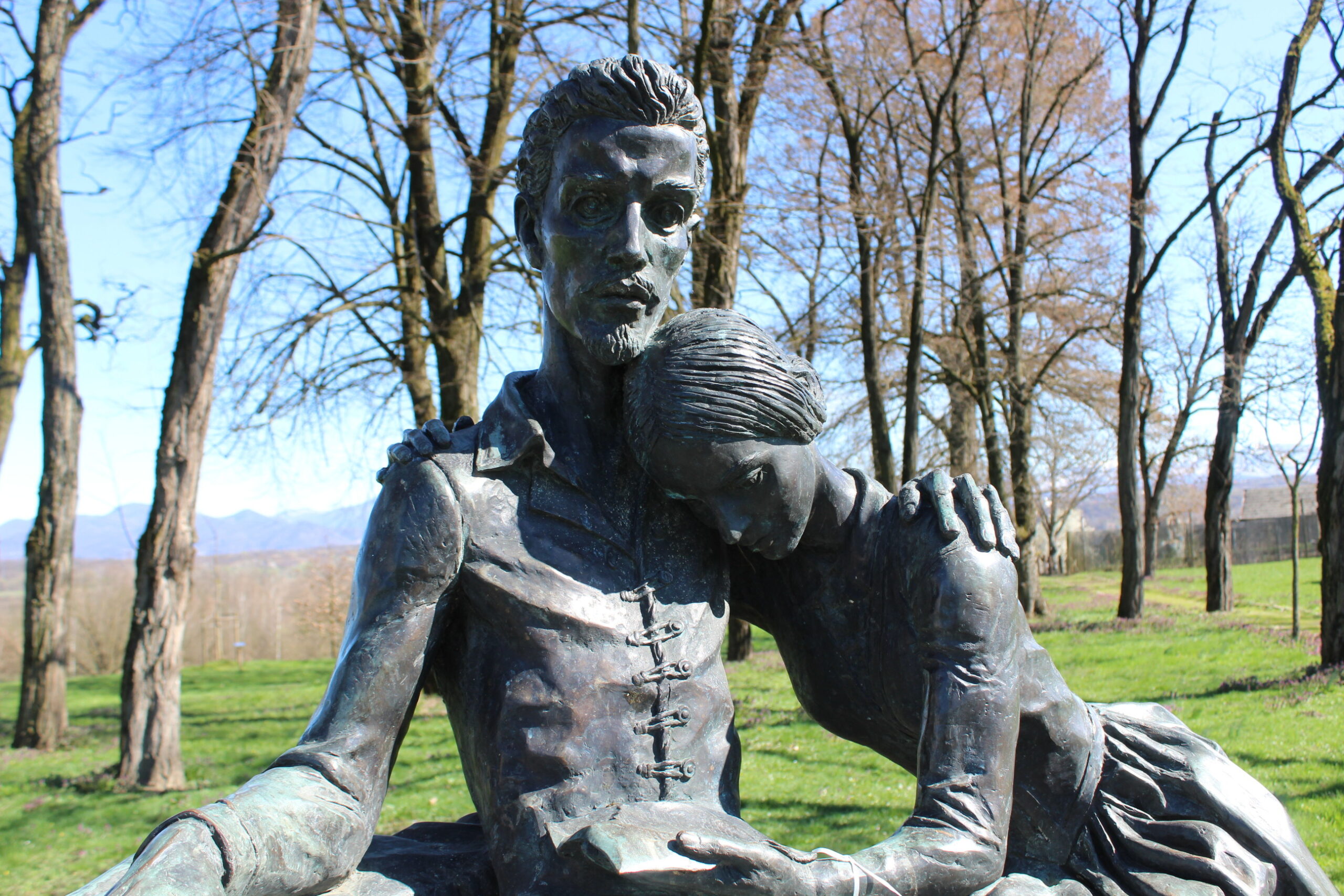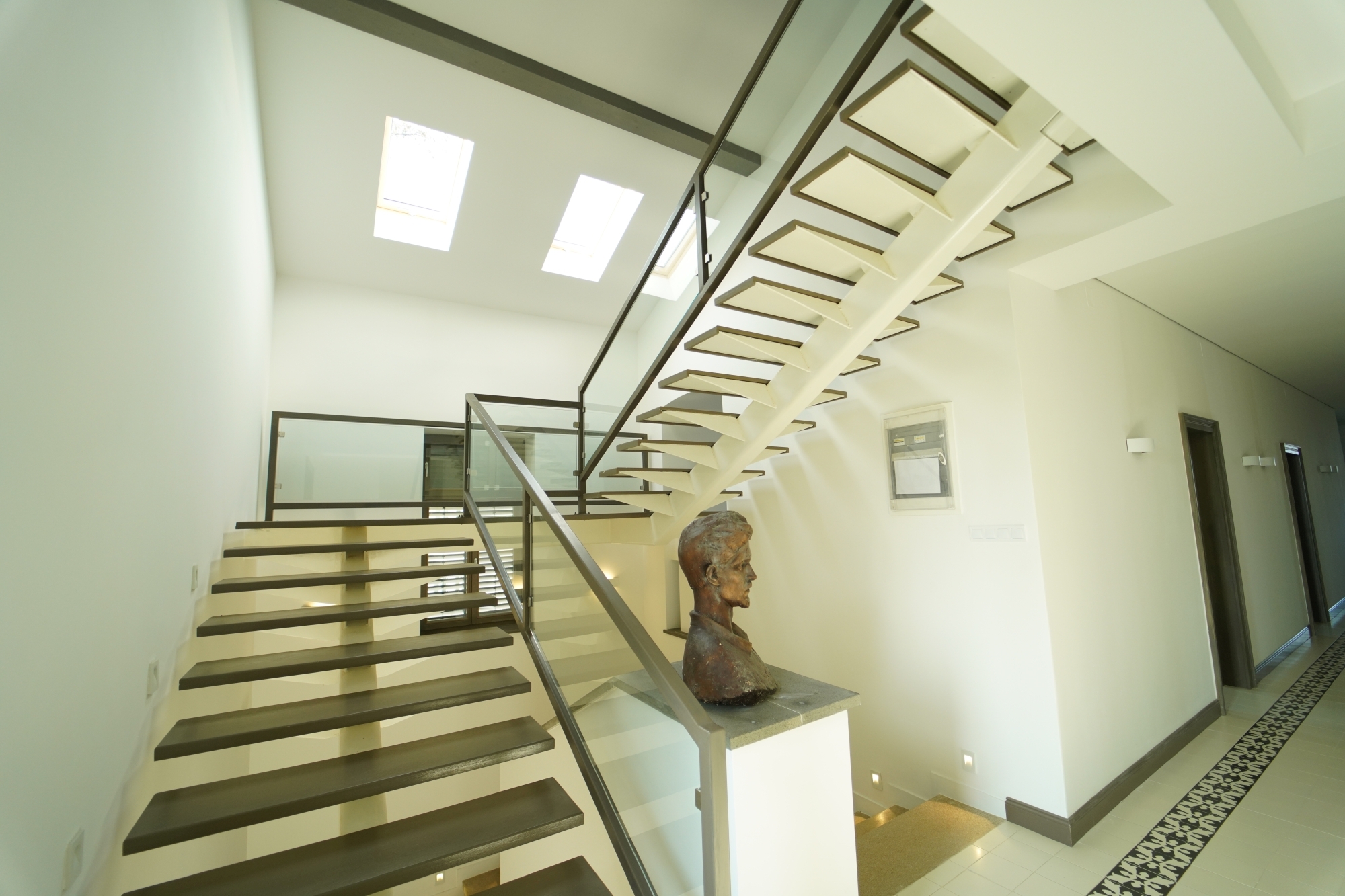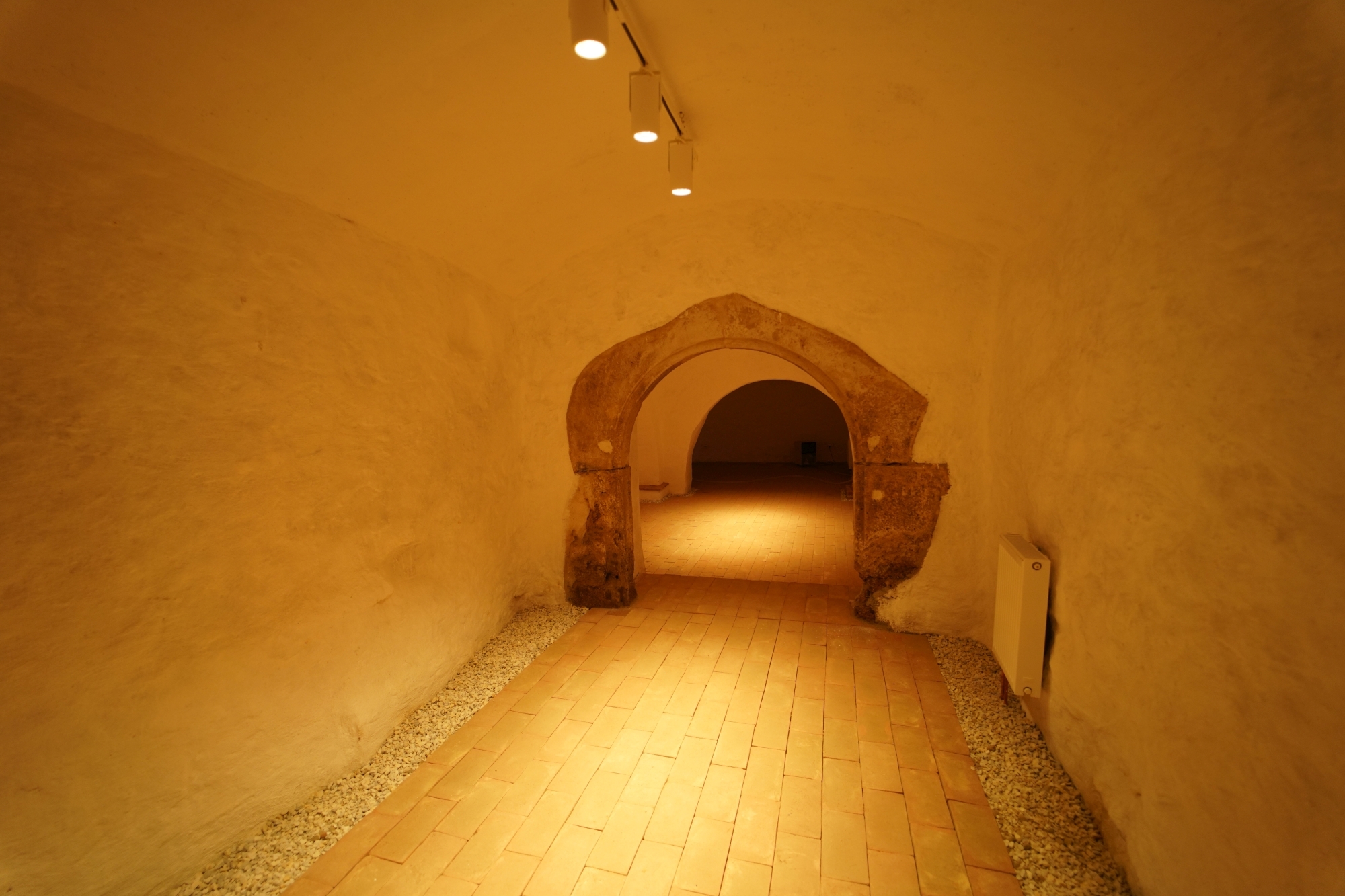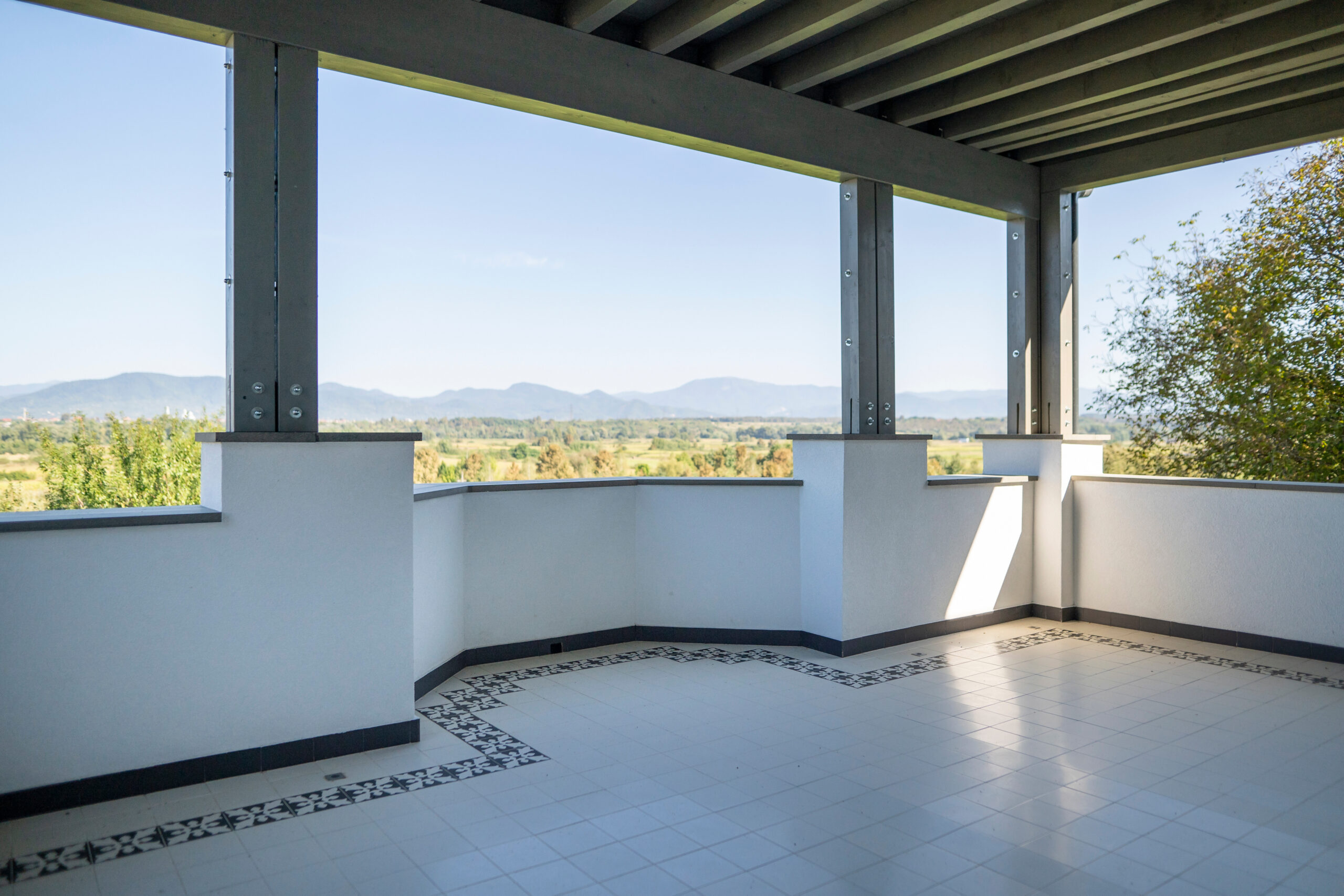Teleki Castle, Coltău
Address: 43 Eroilor Square, Coltău commune, 437283, Maramureş county, Romania
Phone: +40735804924
Email: casteltelekicoltau@gmail.com
Website: https://casteltelekicoltau.ro
Social networks:
Coltău is one of the most famous places of pilgrimage linked to poet Sándor Petőfi in Northern Transylvania. Mór Jókai’s visits and Petőfi’s poems established Coltău’s literary reputation.
The Coltău commune is located on the terrace of Lăpuş 10 km south of Baia Mare Municipality, the capital of Maramureș County, in the north-western part of Transylvania. It consists of Coltău, the commune centre and Cătălina – a belonging village.
The first documentary attestation of the village comes from 1405 and is mentioned under the name Kolcho in the document of the Convention of Leles (Slovakia), signed by the voivodes Drag and Balc. It was later ruled by the Drágffy family, and since 1549 it belongs to the Land of Chioar and since 1615 the region belongs to the Principalities of Transylvania.
Since 1674 Coltău and Cătălina come into the possession of the noble family Teleki, who receives the villages as a royal donation and would remain with this family until 1936.
For centuries, members of the Teleki family have played a major role in the political and cultural life of Hungary and Transylvania, and the family has given numerous personalities to science, literature and domestic and international political life. Here are some examples of some of the family’s best-known personalities:
● Count Sámuel Teleki (1739-1822) chancellor of Transylvania, man of culture, famous book collector, founder of the Teleki Library in Târgu Mureș.
● Count József Teleki (1790-1855), jurist and historian who served as President of the Hungarian Academy of Sciences between 1830 and 1855.
● Countess Blanka Teleki (1806-1862) born near Coltău, in Satulung, was an educator and activist for women’s rights, founded the first girls’ school in Budapest in 1846, then was imprisoned for 5 years after the Hungarian Revolution of 1848-49.
On the property in Coltău, in the middle of the 18th century count József Teleki organizes an economic household and erects a baroque building. This building, for one hundred years, was used by the family only on the occasion of receiving guests who arrived on hunting raids, while the family had lived for generations primarily at the estate in Şărmaşu, Cluj County. The most famous owner of the castle was the “wild count” Sándor Teleki, being a disciple of the politician Táncsics Mihály, travel companion of the musician Franz Liszt, the dearest colonel of the Bem and Garibaldi generals, the good friend of Petőfi Sándor, Victor Hugo, Jókai Mór and Alexandre Dumas (father and son).
Over the years, Coltău has become a place of pilgrimage for tourists who love Hungarian literature. It is known that the great Hungarian poet Petőfi Sándor, the poet of freedom and love, spent his honeymoon in Teleki Castle between September 9 and October 19, 1847. During this period of sweet harmony, the poet wrote 24 love poems to his wife. Under a horn in the castle park was born the most famous love poem “End of September” (translated into Romanian by Eugen Jebeleanu), being a true masterpiece of Hungarian and universal literature.
After 18 years in exile, in 1867 Sándor Teleki returned to Coltău and began to build the so-called “Red Castle”, now the headquarters of the local secondary school. At the beginning of the twentieth century, his son, Ioan Teleki, who lived at the castle in Coltău and managed the estate, when the family expanded, expanded the castle, modified it and rearranged it to make it more comfortable. Then they added to the building a terrace in the northwestern part of the castle, which offers a splendid panorama to the valley of the Lăpuş River and the Gutâi Mountains.Teleki Castle in Coltău, which before World War II was famous for its private collection of precious objects, since 1960 houses the Petőfi Sándor museum, which at first started with only a Petőfi memorial room, and at the beginning of the third millennium, expanded and occupied the entire floor.
Starting with summer 2020, tourists can visit the castle restored under the Regional Operational Program and co-financed by the European Union through the Regional Development Fund.
The restored castle consists of four levels: ground floor, first floor, cellar, where permanent exhibitions about the Teleki family are presented, visits of poet Petőfi Sándor to Coltău, life of the “wild count” Sándor Teleki, visit of writer Jókai Mór to the castle, and in the attic in the conference room you can visit temporary art exhibitions.
In the castle park there are several trees of rarity, several hundred years old, which evoke the atmosphere of the past: a black ash tree (Fraxinus excelsior), under which, according to legend, the fiddler Pócsy Laci played to the composer Franz Liszt; three marsh cypresses (Taxodium distichum); a legendary horn, under which on a stone table the poet Petőfi wrote most of his poems at Coltău.
In the park there are the following statues: the statuary group Petőfi-Szendrey (Pogány Gábor Benő, 1998); bust of Count Sándor Teleki (Dinnyés László, 2008); bust of composer Franz Liszt (Dinnyés László, 2011); bust of General Bem (Deák Árpád, 2014).
We suggest tourists to visit Colt not only on the occasion of tourist destinations in Maramureş County, but also when they want to reach more distant lands. The guesthouses in Coltau, with a total reception capacity of 150 people, offer tourists high quality hosting services and local facilities. You can spend several nights here and daily you can visit in the shape of a star the historical Maramureş and the north-western region of Transylvania.
We wish you pleasant stay!

